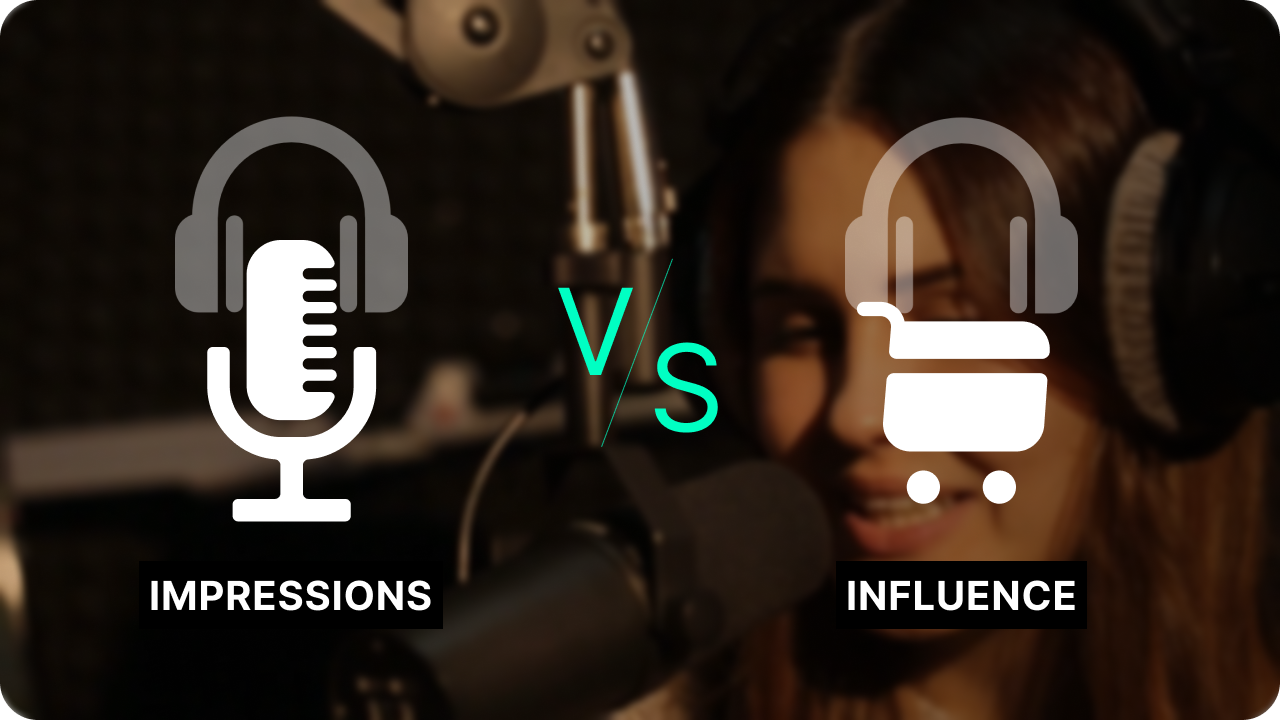
A View from the Top
The year-end (2024) panel discussion, A Look Forward to 2025 – Trends That Will Shape Audio, hosted by Dan Granger (Oxford Road and Veritone) and featuring Steven Goldstein (Amplifi Media), Tom Webster (Sounds Profitable), and Peter Birsinger (Podscribe), was an insightful masterclass into podcasting’s current state. Covering Spotify’s video expansion, YouTube’s dominance, attribution challenges, and Gen Z’s evolving listening habits, the discussion painted a vivid picture of where the industry stands today and where it’s likely headed.
The panel framed the podcasting ecosystem as a triangular relationship among three platforms—RSS feeds, YouTube, and Spotify. YouTube’s video first strategy leverages its powerful discovery engine, while Spotify’s new dual audio-and-video approach aims to compete directly with YouTube. Meanwhile, RSS feeds, with their audio-only format, remain the cornerstone of podcasting, offering unmatched portability and intimacy. While the discussion was brilliant and well worth watching, it overlooked a crucial point. The focus was on issues affecting top-tier shows—those with large audiences. This left out the majority of podcasts that are smaller. These mid- and small-tier creators, who form the backbone of the podcasting ecosystem, struggle to monetize meaningfully.
It’s The Connection
The panel emphasized that podcasting, at its core, is about connection. Responding to whether non-RSS delivered shows, like YouTube videos, qualify as podcasts, Tom Webster offered a witty and insightful observation: “Podcasting, like sparkling wine, doesn’t always come from the podcast region of France. What matters is the authenticity of the connection.” His point was simple yet profound: it’s not the delivery method that defines a podcast but the trust and intimacy that creators build with their audiences.
Steven Goldstein expanded on the theme of trust and authenticity, emphasizing audio’s unmatched portability and its unique ability to foster intimacy. “There’s a use case—cooking dinner, driving—that video doesn’t replace. That’s what we need to champion,” he stated. While video can extend podcasting’s reach and offer new opportunities, audio uniquely thrives in moments where connection is most personal and unobtrusive. By fitting seamlessly into everyday life, audio preserves the trust and authenticity that define podcasting’s core value.
Trade-Offs
The panel raised a critical concern: the true cost of revenue. Peter Birsinger noted the rise of programmatic ads for mid-tier shows, recognizing their efficiencies but cautioning that “programmatic can’t replace the power of host-read endorsements,” which maintain the personal connection central to podcasting.
Dan Granger discussed the challenges smaller shows face, particularly when relying on intrusive ads for revenue. He acknowledged that while such ads might provide some financial support, they can also alienate listeners—a trade-off that’s hard for many podcasters to balance. The broader challenge for the industry is clear: to develop revenue models that support the majority of podcasters while safeguarding podcasting’s defining strength—its authentic connections with listeners.
A Horse Race Where Most Never Leave the Gate
The panel offered valuable insights, but it was hard not to notice a focus on methods that only a select few shows can realistically utilize. This brings us to a broader issue—a landscape where, for most podcasters, the industry feels like a horse race where 97% of the horses never even leave the gate. The focus remains squarely on the top 3%—shows with massive audiences—analyzing the nuances of their CPM models, audience targeting, and attribution methods as though measuring which horse’s nose crossed the finish line first. Meanwhile, the majority of podcasters are stuck at the starting gate, sidelined by their smaller audience size.
The True Currency of Podcasting: Influence
That said, the panel emphasized that podcasting’s true strength lies in influence—a quality shared by all shows, regardless of size. Bigger shows benefit from both influence and scale, but it’s influence that truly drives sales and audience engagement. Most podcasts lack scale but wield significant influence with audiences.
As Webster aptly noted, “If you have a podcast with 10,000 listeners, you’re not generating enough revenue to quit your day job. But those 10,000 listeners might buy anything you recommend.” His point underscores podcasting’s unique ability to inspire action, making it ideal for influence-driven monetization.
But, podcasting’s monetization model still reflects its roots in radio, relying heavily on CPM—a method designed to buy scale, not influence. Yet influence, not impressions, sells products and engages audiences.
By rewarding influence over audience size, the industry can create a sustainable path to meaningful revenue for podcasters of all sizes, particularly those with smaller yet engaged audiences. The influencer economy has already proven that smaller, engaged audiences can drive substantial revenue. Podcasting, built on influence, is uniquely positioned to embrace this approach.
Revenue: A Way Forward for All Sizes
Podcasting is at a crossroads. While the industry has made strides in optimizing revenue models for top-tier shows, it needs to focus on the majority of creators who lack scale but wield powerful influence. These podcasters are the heart of the medium, and their ability to sustain themselves financially is critical to the diversity and authenticity that make podcasting special.
At CodeADX, we’ve developed a marketplace to enable podcasters to work with brands on a commission basis—rewarding them for their influence, not their size. Yes, it’s our platform, and while this isn’t a sales pitch, it’s a fact: aligning revenue with influence creates opportunities for all shows to thrive.
The future of podcasting depends on ensuring all creators—big and small—can monetize in ways that leverage their connection with their audience. Isn’t it time to embrace influence as the currency of podcasting and unlock the potential of every podcaster in the race?